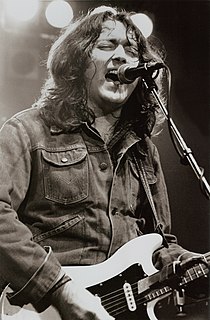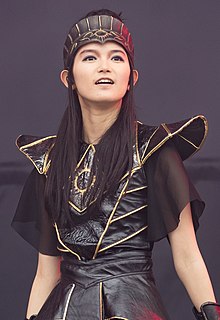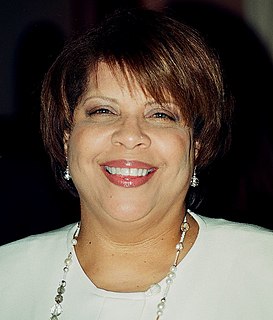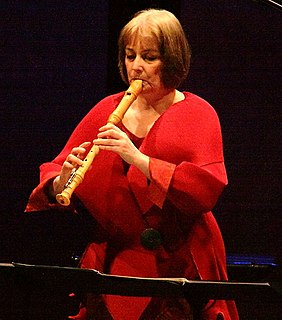A Quote by Panda Bear
I have no interest in making music solely for a white audience. If that's what our audience is, I don't really feel responsible for that.
Related Quotes
I think I'm really part of a whole generational movement in a way. I think a lot of other people since and during this time have gotten interested in writing what we can still call experimental music. It's not commercial music. And it's really a concert music, but a concert music for our time. And wanting to find the audience, because we've discovered the audience is really there. Those became really clear with Einstein on the Beach.
Playing live is much more natural for me. The instant reaction and the feedback from the audience is great for me. I really relish it. And if you play blues-based music, it's not really academic music or recital music. It really needs a bit of atmosphere and a bit of interplay and a bit of roughness, and you really get that with an audience.
All of Europe is tremendously integrated now; perhaps from all those years of colonization. Everybody that they've colonized has come to the mainland, so you'll have a racially diverse audience as well. You'll have many Middle Easterners, Asians, Africans, from seven to ninety sitting in the audience, and the really incredible thing is that they all know the music. I don't mean they just know a song here and there. They know the music. They are a very educated audience.
What I love most about playing in front of people has something to do with a certain kind of energy exchange. The attention and appreciation of my audience feeds back into my playing. It really seems as if there is a true and equal give and take between performer and listener, making me aware of how much I depend on my audience. And since the audience is different every night, the music being played will differ too. Every space I performed in has its own magic and spirit.




































